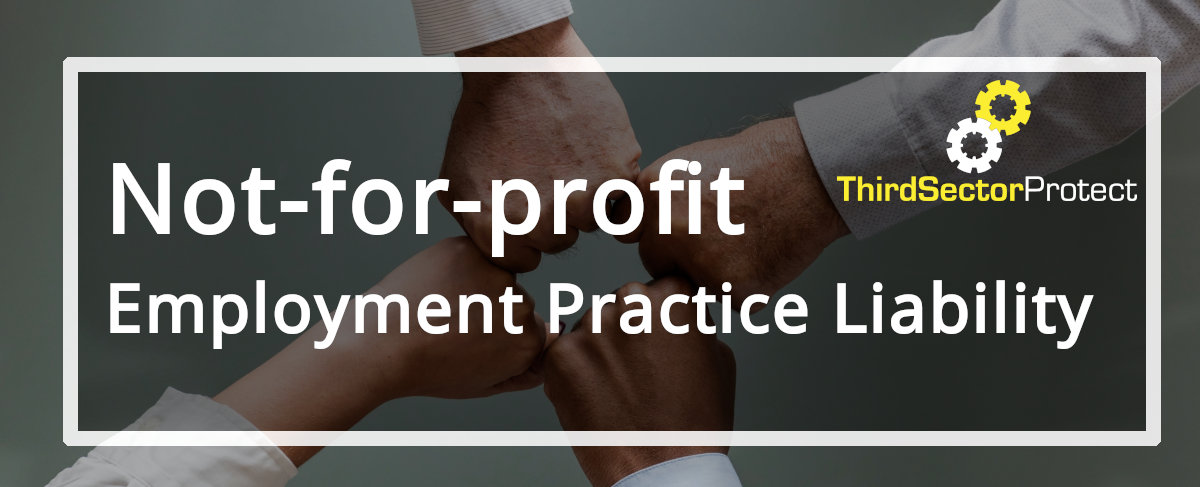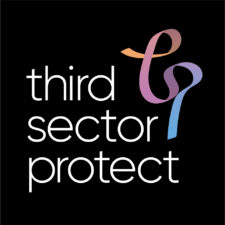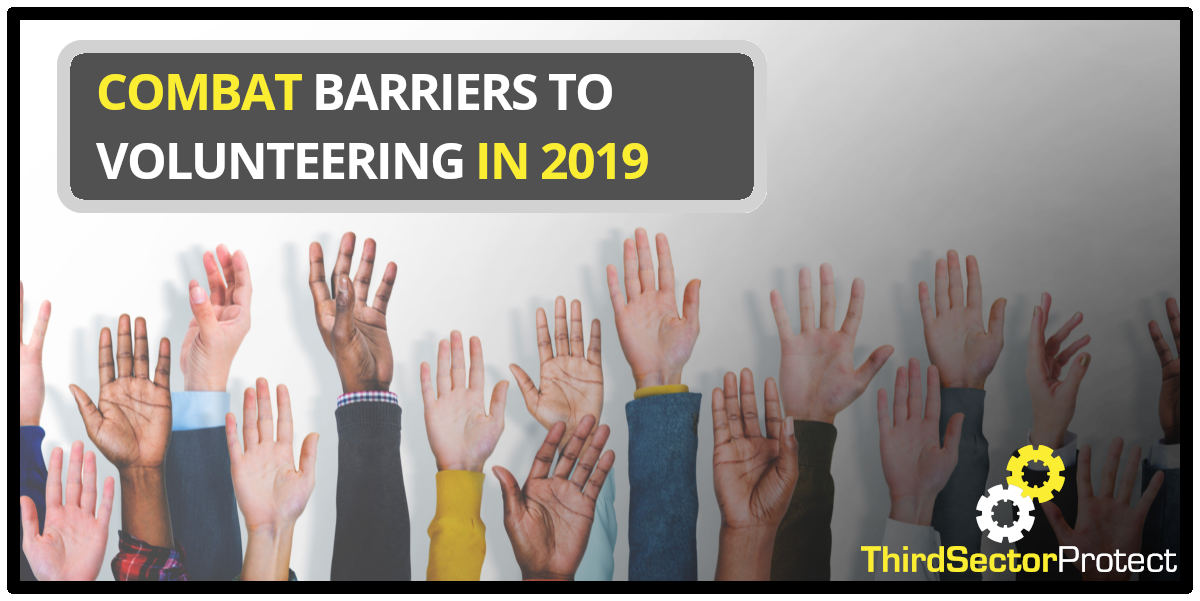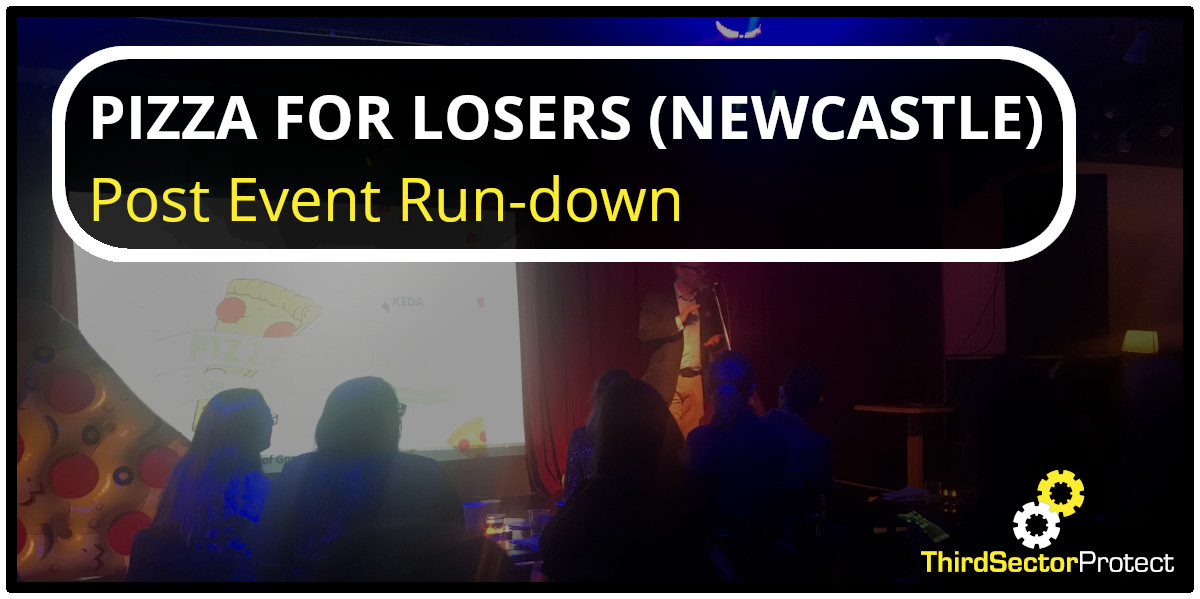
Think not-for-profits are exempt from EPL claims? Think again.
No employer wants to believe that their employees or volunteers would take legal action against them, especially in a not-for-profit organisation. Unfortunately, over the past decade, employment practice liability (EPL) has become one of the largest risks faced by organisations in both the not-for-profit and for-profit sectors.
While these types of claims hurt any organisation’s bottom line, they can be especially detrimental to not-for-profits that rely on donations to make up a large portion of their revenue stream. Donors want their money to be used to help your organisation’s cause, not to pay off mistreated employees. In some cases, donors have actually sued not-for-profits over how their donations were used.
To protect your organisation against potential liability, it is important that you minimise EPL claims while accurately documenting the use of donated funds.
Donated Funds
A large number of not-for-profits rely heavily on donations to support their mission. To continue to receive this kind of support, not-for-profits need to be careful how they spend donated funds, as donors have become more and more scrutinising of the organisations they give to.
Recently, there has been an increasing trend of donors taking legal action against not-for-profits for misusing donations. Not only is the legal aspect of this expensive, but it also can hamper the ability to build relationships with new donors from now on, further costing an organisation. It is extremely important that you record how donated funds are used in case your spending practices are ever called into questions.

In situations involving employment practice liability claims, donated funds must be properly managed to avoid backlash from donors. It should come as no surprise that donors may not be happy if their donations are used to cover part of a payout that results from your organisations poor internal practices. The last thing you want is for a given employee’s legal action to spark litigation from donors.
The problem is, not-for-profits that rely heavily on donations may have no other means to cover damages awarded to an employee. To avoid complications, it is important to stop EPL claims with good employee practices before they turn into legal actions.
Employment Practice liability (EPL)
More and more employees are taking legal action against their employers for what they see as discriminatory practices in the workplace. With the potential costs they may bring, an EPL claim can be incredibly damaging to a not-for-profit organisation—especially a small one. Implementing appropriate employment practice standards to stop harassment and discrimination will reduce the chances that an employee can make a successful claim, while also creating a positive atmosphere throughout your organisation.
Start by outlining the kinds of behaviours that will not be tolerated so they are clear to all employees. Define what will constitute harassment and discrimination, so it cannot be left up to interpretation after the fact. The standards you develop should apply to every level of employee no matter what position he or she holds.
Equal enforcement means that every employee will be treated the same way, reducing the chance that an individual can claim they were singled out. The programme should also encourage communication.

Many times, employees who are having problems take legal action because they do not know what other routes to take. Having a programme in place to handle employee concerns can help rectify a situation before it becomes a legal issue.
Most importantly, make sure the guidelines you establish are followed. If they are in place but it is widely known that they are not enforced, they will be less effective in preventing claims.
It’s important to extend these same policies to any volunteers you have working at your organisation. EPL claims made by volunteers exist in a legal grey area largely defined by the extent of the volunteer’s involvement with the organisation.
While most of the time volunteers have no legal base for a claim, it is still important to treat them with the same respect as any other employee. This not only protects your organisation, but it also provides a positive work environment for those donating their time.
Retaliation
It is also important to note that retaliation comes into play in more than 25 per cent of employment practice liability claims. Retaliation can enter when an employee who has brought a claim against their employer then feels that they have been punished in the workplace for their actions.
This could take the form of position reassignment, failure to promote or even termination. An employee who originally may not have had a strong case could gain ground by showing that their employer retaliated against their initial claim.
The addition of a retaliatory claim can increase both the potential payout to the employee and their chance for success.
To protect yourself from further legal action, you must be very careful when dealing with employees who have filed employment practice liability claims. Do not make any rash decisions regarding the employee’s status in your organisation. If the employee must receive disciplinary action for other work issues that are not related to their EPL claim, make sure to accurately document the reasons for the discipline. It is important you can prove that you were not acting in retaliation for their earlier claim.
ThirdSectorProtect
When in doubt, contact a legal professional so they can help you handle the situation in a way that does not invite additional liability. If your charity or not-for-profit organisation could benefit from the advice and expertise of a leading charity insurance broker, get in touch today on 0800 877 8277 or visit our website.
For more information on keeping your trustees, workers and charity safe from harm read another of our blog posts:
- Are you accurately reporting charity reserves?
- 2019’s newest charity scam.
- How to champion the #MeToo movement at your charity.
For more tips and tricks on all things related to charities, not-for-profits and community groups, follow us on Facebook, Twitter & LinkedIn.
 |  |  |







